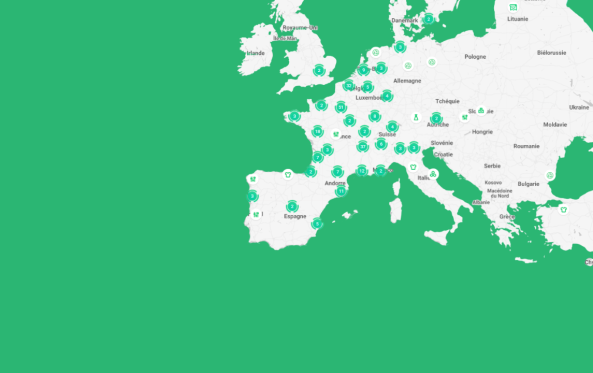
The Recycle Platform: 5 years supporting textile/footwear recycling stakeholders across Europe
Recycle by Refashion is a European digital platform that connects professionals involved in the recycling !

Recycle by Refashion is a European digital platform that connects professionals involved in the recycling !
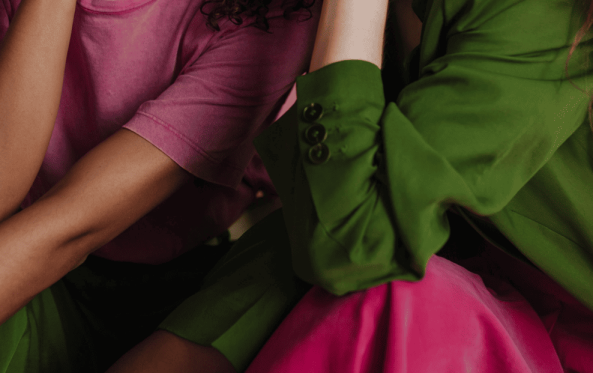
In 2023, Refashion explores the second-hand TLC market in France. A revealing study of a fast-changing sector, driving more sustainable fashion.
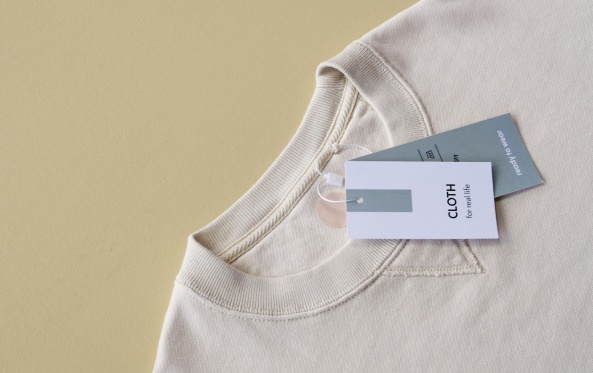
Supported by the French Climate and Resilience Act, environmental labelling is an ambitious project aimed at informing consumers about the ecological impact of the products they buy, encouraging businesses to reduce their environmental footprint, and promoting more responsible consumption. Discover the latest news here.
Eco-designing an affordable product
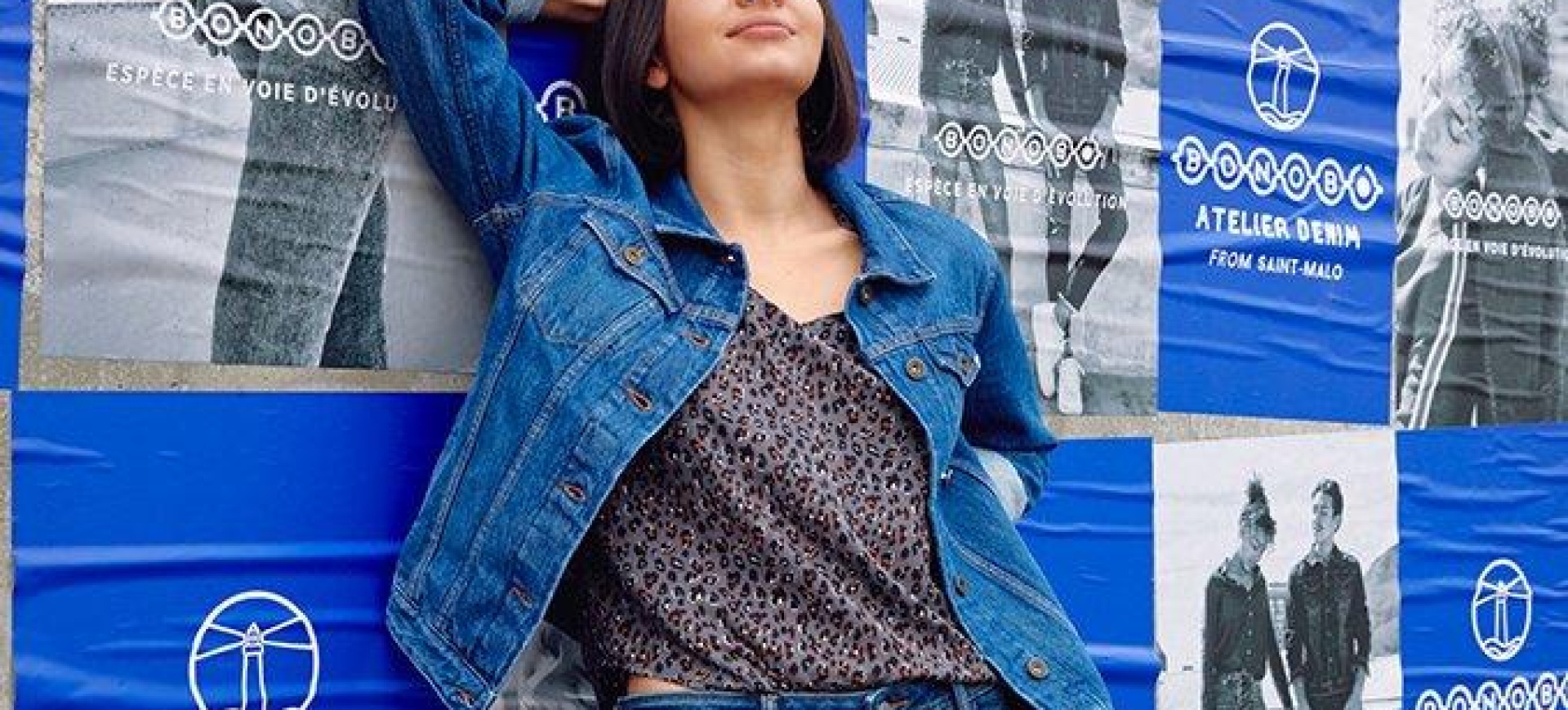
When we created the Bonobo brand in 2006 we’d realised that there was a real gap in the fashion industry in terms of environmentally-friendly jeans. This needed to be filled. It’s possible to produce environmentally-friendly but expensive jeans. Our challenge was to be able to offer these at an affordable price
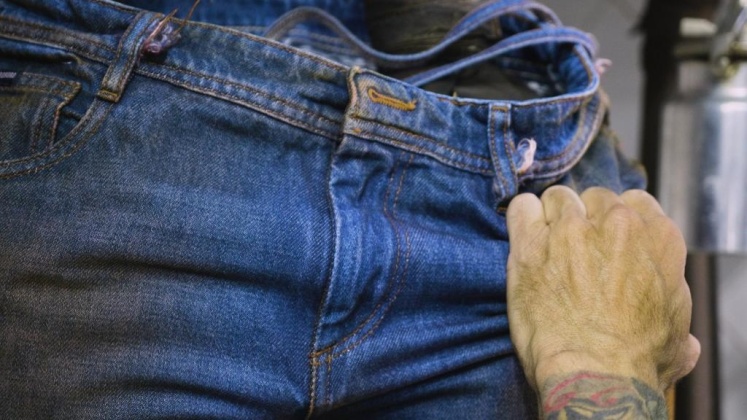
As early as 2009 and well before anybody else, we implemented and organised recycling by creating used clothing collection points in Bonobo shops.
We then strongly developed the offer in organic cotton. In 2015 we established a sustainable development strategy that we’re implementing: 100% environmentally-friendly cotton, factories that are compatible with environmental and social requirements, etc.
We didn’t encounter many difficulties but the main one was related to climate change: we had to develop sourcing and assist our employees in this process. A great deal of coaching is necessary within the company as well as the factories and the countries with whom we work. Today, however, more and more partners and suppliers have understood the value in this approach and are ready to invest in new technologies such as laser washing or ozone washing.
Obviously, these new standards incur costs at each stage and so finding solutions that remain cost-effective is required. It was also necessary to revise, for example, our backward planning schedule in order to limit the use of airfreight. This requires, for example, a better anticipation of collection creation dates.
Without any doubt, our team’s commitment. It’s mainly comprised of young employees, very aware of environmental problems. Our offer is in line with their way of being. The principle of cooperation is essential too. For example, our Rebirth jeans, designed using recycled jeans call upon numerous areas of expertise: collection operators, thread manufacturers, weaving factories, dressmakers. You can’t achieve anything alone. Here again, this coordinated work is becoming more and more commonplace.
Today industrials are conscious that we need to work together. Lastly, tools such as EIME (life cycle analysis software) that calculate the ecological impact of washing enable us to improve. Everything that can be measured can be optimised! We’re now working on environmental labelling that will enable a product’s entire environmental impact to be measured. Knowing if a product is classed as A, B, C, D or E according to its environmental impact is one of the keys in raising the awareness amongst consumers and eco-design teams.

We have substituted traditional cotton with certified BCI ( Better Cotton Initiative ) organic cotton. Our challenge now is to develop the use of recycled materials. As we already do with our Rebirth jeans and all the padding in our parka jackets that is made from recycled polyester.
In addition, we aim to continue reducing water consumption for all Bonobo products. We have set a reduction target to cut this by half by 2024 and are halfway there.
Thank you Xavier Prudhomme, CEO, Bonobo.